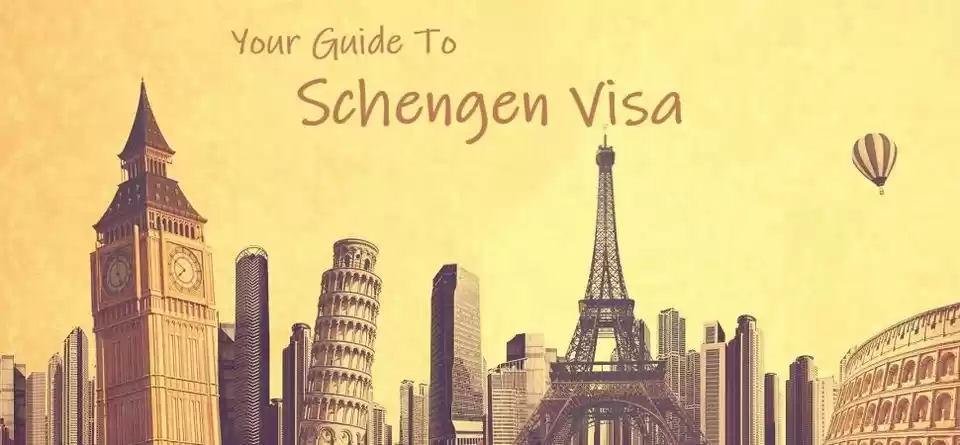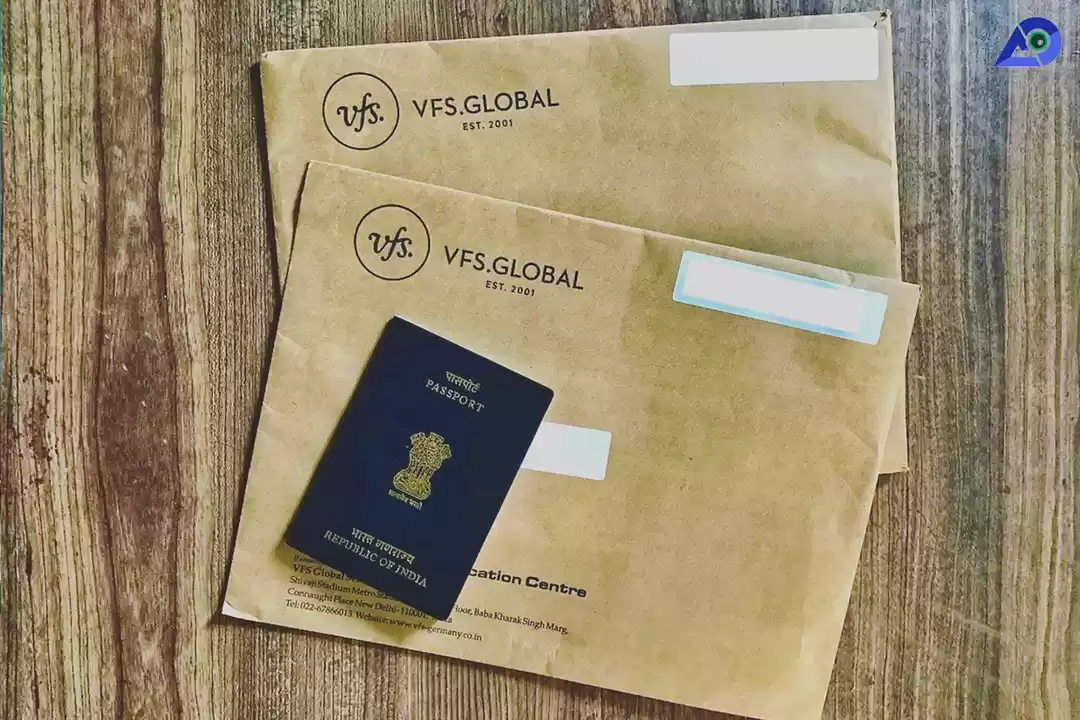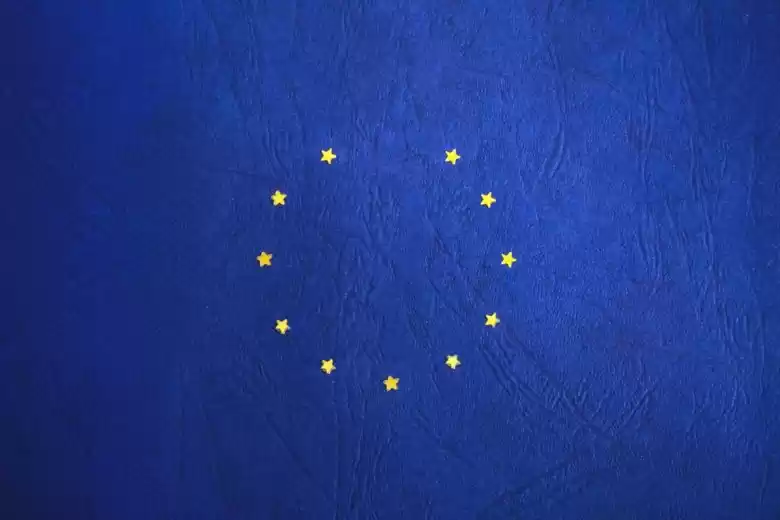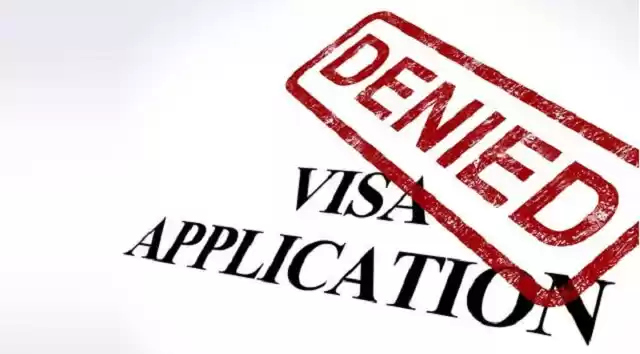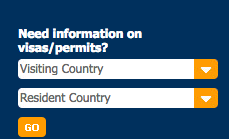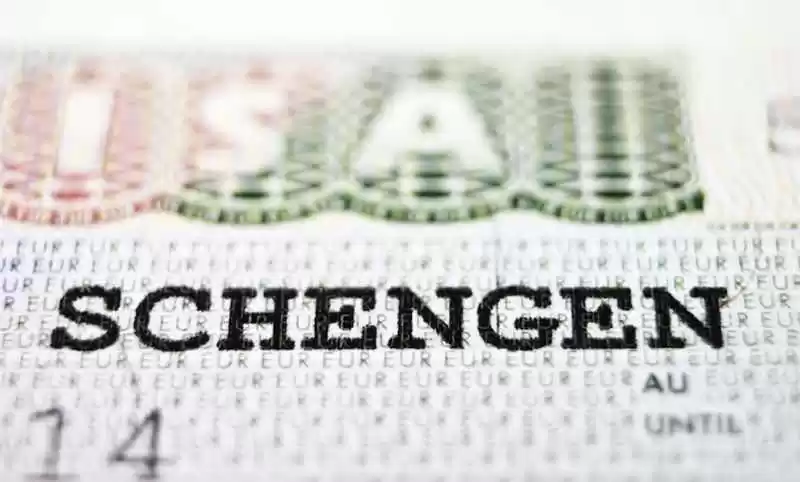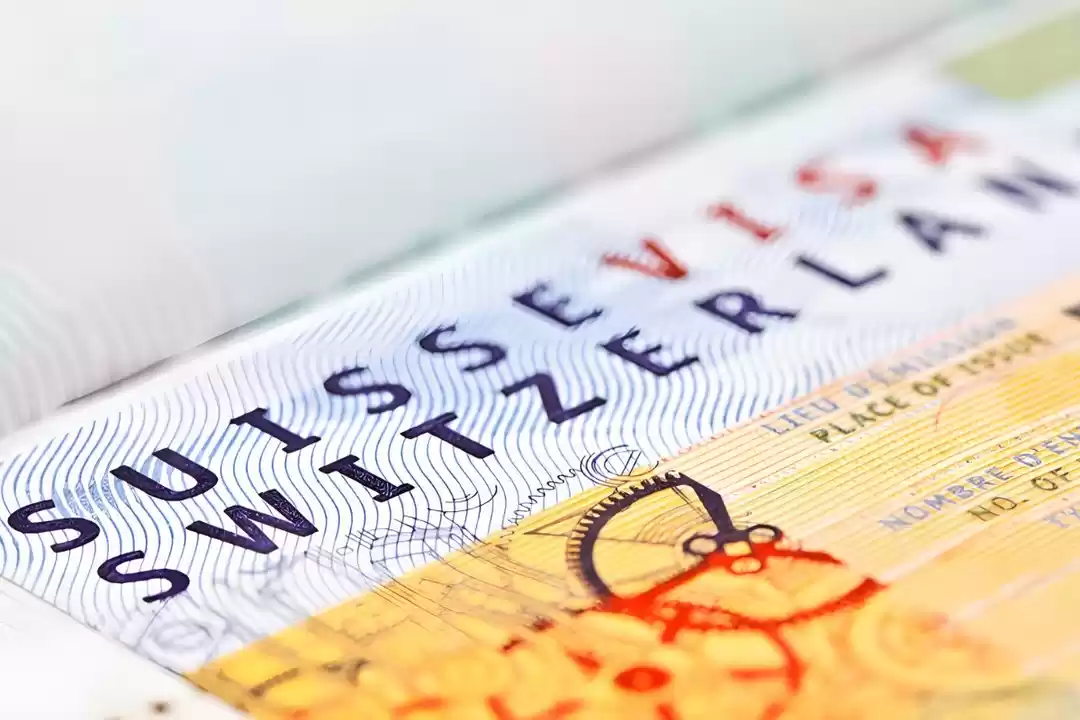
Yes, we get it. And we know. Getting a Schengen Visa may seem like a tedious affair at first glance, requiring a meticulous dance of document collection, application submission, and nervous anticipation. But fear not, for once the bureaucratic hoops have been gracefully navigated and the visa has been stamped triumphantly in your passport, your worries will magically melt away, making way for the sheer excitement of the impending adventure.
With a Schengen Visa in hand, you become the privileged possessor of a golden ticket, granting you access to an enchanting realm comprising 26 European countries. Picture yourself strolling along the cobblestone streets of Rome, savouring flaky croissants in Parisian cafes, or gazing in awe at the ethereal beauty of Santorini's sunsets. The possibilities are as boundless as your imagination.

Here is small introduction for your understanding:
A Schengen Visa is a travel document that allows you to enter and travel within the Schengen Area, which is a group of 26 European countries that have abolished internal borders. It allows you to visit multiple Schengen countries using a single visa. Isn’t that neat!
The Schengen Area includes the following countries: Austria, Belgium, Czech Republic, Denmark, Estonia, Finland, France, Germany, Greece, Hungary, Iceland, Italy, Latvia, Liechtenstein, Lithuania, Luxembourg, Malta, Netherlands, Norway, Poland, Portugal, Slovakia, Slovenia, Spain, Sweden, and Switzerland.
Tripoto answers the most Frequently Asked Questions about the Schengen Visa to give you a hassle-free head start on your Europe trip. Enjoy!
1. How do I apply for a Schengen Visa from India?
To apply for a Schengen Visa from India, you need to follow these few steps:
a. Determine the Schengen country where you will spend the most time or your main destination.
b. Gather the required documents, including a completed application form, passport, photographs, travel insurance, flight itinerary, hotel reservations, financial documents, etc.
c. Schedule an appointment at the consulate or embassy of the country you will be applying to.
d. Attend the appointment, submit your application, pay the visa fee, and provide biometric data (such as fingerprints).
e. Wait for the processing of your application and collect your passport with the visa once approved.
2. What are the documents needed to apply for a Schengen Visa?
The specific documents required may vary depending on the consulate or embassy you are applying to, but generally, you will need:
a. A completed and signed visa application form.
b. Valid passport with at least two blank pages and a validity that extends for six more months.
c. Recent passport-sized photographs.
d. Travel medical insurance with a minimum coverage of 30,000 euros.
e. Proof of travel arrangements (flight reservations).
f. Proof of accommodation (hotel, hostel, or homestay bookings).
g. Proof of sufficient funds to cover your expenses during the trip.
h. Travel itinerary, day-wise. Make it clean, clear and concise, so that the Embassy will clearly understand your intentions and purpose of visit.
i. Employment document (employment contract and certificate of leave signed by the employer)
j. Letter of purpose of visit.
k. Other supporting documents as requested by the consulate or embassy.

3. How long does it take to process a Schengen Visa application?
The processing time for a Schengen Visa application can vary depending on the consulate or embassy and other factors such as the time of year and the volume of applications. Officially, it is stated that Schengen Visa takes about 15 calendar days from the date of application. But recently, it is taking slightly more time. In general, it can take up to four weeks from the date of your application submission. However, some applications may require additional processing time, so it's recommended to apply well in advance of your intended travel dates. To be safe, apply two months in advance.
4. How much does a Schengen Visa cost?
As of 2023, the fee for a Schengen Visa for adults is 80 euros, while children between 6 and 12 years old pay a reduced fee of 40 euros. However, these fees are subject to change, so it's essential to check the current rates with the consulate or embassy where you plan to apply.

5. Can I visit multiple Schengen countries with a single Schengen Visa?
Yes, one of the advantages of a Schengen Visa is that it allows you to travel to and visit multiple Schengen countries during the validity of your visa. You need to mention clearly the countries you plan to visit when applying for the visa, and the visa will be issued based on your main destination or the country where you will spend the most time.
6. What is the duration of stay allowed with a Schengen Visa?
The duration of stay allowed with a Schengen Visa can vary depending on the type of visa you have been granted. In general, the maximum stay is 90 days within a 180-day period. This means that you can spend a total of 90 days within the Schengen Area during any 180-day period. It's important to plan your trip and ensure that your stay complies with these rules.

7. What is the financial requirement to get a Schengen Visa?
When applying for a Schengen Visa, you should provide copies of your bank statements or show your bank balance to the embassy or consulate. This helps demonstrate that you have enough funds to cover all the expenses related to your trip. It also shows that you have connections and ties to your home country, such as being employed or owning a business. These documents are required to ensure that you can financially support yourself during your stay in the Schengen Area.
To put it simply, you need to officially prove that you can sustain yourself financially in the entire duration of your stay. You would need to show that you can bear the cost of your stay, daily commute, food, and other activities during your visit. The funds you need for your Schengen visa change depending on the country you are applying to. Austria is the highest, which needs Euro 100 (INR 9,100) per day. Which means, in addition to your flight and hotel cost, you need to have 9,100 INR per day. If you can show any train pass, bus pass, or city pass that you have booked in advance, it will add to your benefit.
Here’s a list of countries and their daily financial prerequisite:
Austria: Euro 100 per day
Belgium: Euro 95 per day
Czechia: CZK 1,490 per day(for stays under 30 days)
Denmark: DKK 350 per day
Estonia: Euro 130 per day
Finland: Euro 30 per day
France: Euro 65 per day
Germany: Euro 45 per day
Greece: Euro 50 per day
Hungary: HUF 10,000 per day
Iceland: ISK 8,000 per day
Italy: Euro 51 (per day for stay of 11 to 20 days)
Latvia: Euro 14 per day
Lithuania: Euro 40 per day
Malta: Euro 48 per day
Netherlands: Euro 55 per day
Norway: Euro 48 per day
Poland: PLN 300/Euro 4.9 per day
Portugal: Euro 40 per day
Slovakia: Euro 56 per day
Slovenia: Euro 70 per day
Spain: Euro 100 per day
Switzerland: CHF 100/Euro 92.34 per day
Sweden: SEK 450/Euro 48.26 per day

8. What employment documents are needed if I’m a freelancer or I own my business?
For freelancers: You may show business invoices and bank statements to prove you have a freelance business in India.
For business owners: You would need a business license, your GST details, and proof that you file GST annually.
9. What employment documents are needed if I am employed?
You would need a leave sanction letter signed by your employer, proof of employment contract, and a salary statement of the last 5-6 months to show that tax was deducted at source. Tax proof is not mandatory, but it just adds to the legitimacy of your regular income.
10. Can I get a Schengen Visa if I’m unemployed?
Yes, of course you can. But you have to provide the proof of appropriate funds as mentioned above. Additionally, you need to show some ties to your home country to prove that you have enough reason to return and not illegally settle in the Schengen region.

11. Can I get a Schengen Visa if I'm an unmarried /married person travelling solo?
Yes, you can apply for a Schengen Visa from India even if you are unmarried. Marital status does not disqualify an individual from applying for a Schengen Visa. The eligibility for a Schengen Visa is primarily based on factors such as the purpose of your trip, financial stability, travel history, and the ability to demonstrate strong ties to your home country.
If you are married but want to travel solo, that's also totally possible. If you want to additionally prove that you are not fleeing from a marital relationship by escaping to another country, you may get a No-objection letter signed by your spouse. But it is not needed in most cases. But a Civil Status certificate is needed in most cases, which can be in the form of birth certificate, marriage certificate, Adhaar card.
12. Can I risk booking my flight tickets? What if my visa gets rejected?
First of all, flight bookings are one of the most essential details needed to guarantee a Schengen visa, along with accommodation proof, funds, and others. If your documents, bookings, funds, and purpose of visit are clear and proper, then you will face no issue. However, if you are still unsure, there are websites that can help you book dummy tickets with a fee involved. In that case, you should show the cost of flights included additionally in your financial statements. And always get refundable tickets.
Think we missed out on something? Tell us about it in the comments below. Or write about it here on Tripoto and earn Tripoto Credits!



